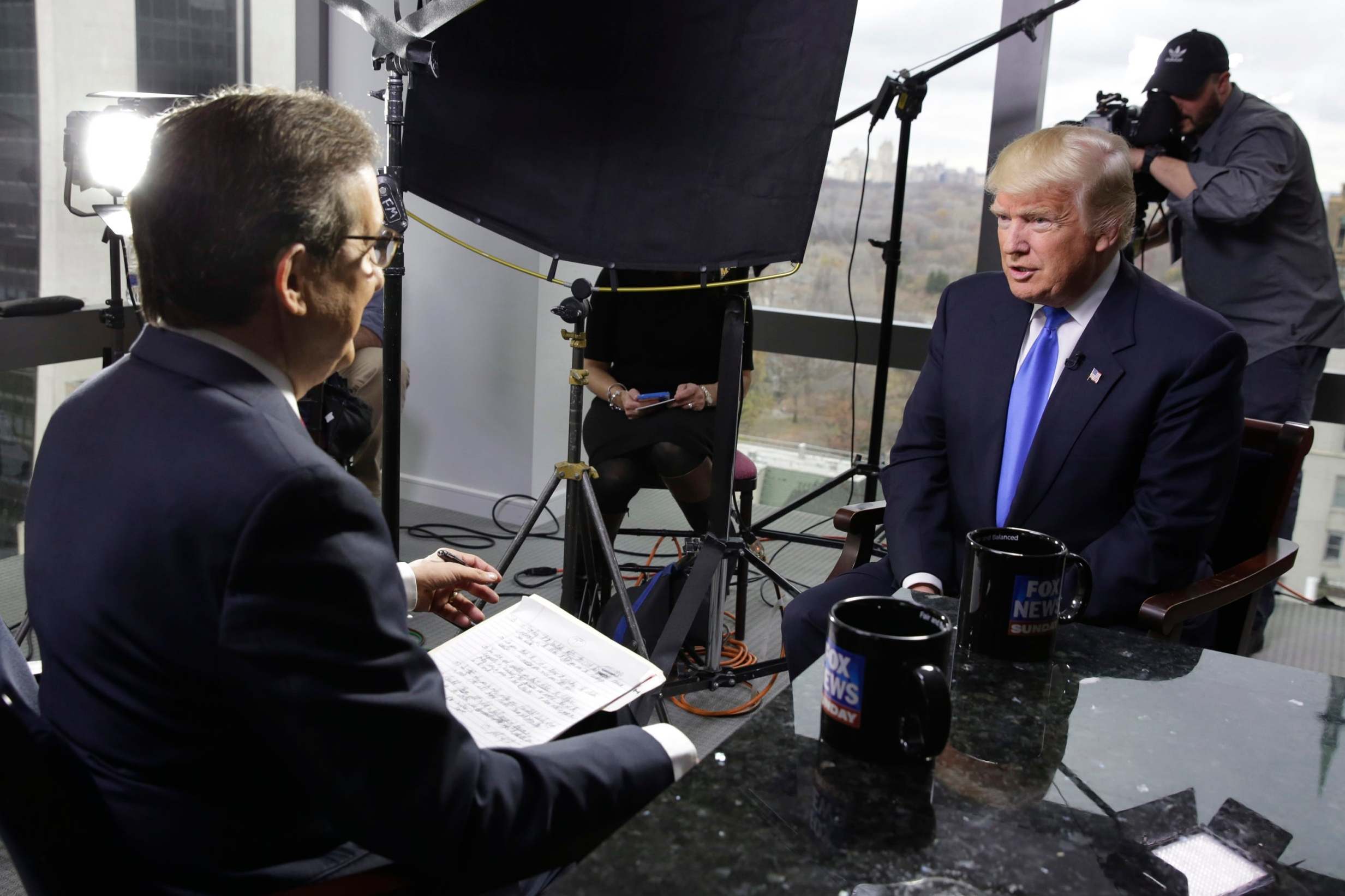Trump’s been more open with the media than any US president in history
Robbed of his rallies, the former reality star is increasingly turning to the mainstream media for exposure, writes Sean O'Grady


Donald Trump is famously fond of big, you might say “beautiful” boasts demonstrating his superiority to most, if not all of his predecessors. It started with the claim that more people watched and/or attended his inauguration in January 2017 than had seen Barack Obama’s in 2009 (this has been argued over), and most recently he has said he had done more for African-Americans than anyone since Abraham Lincoln. Again, that would be a contestable point.
But there is one thing where Donald Trump is the undisputed champion: his willingness to be interviewed on TV. According to a calculation earlier this year by the CBS White House correspondent Mark Knoller, Trump has appeared in set-piece interviews 80 times on Fox News (usually well-regarded by Trump), with ABC and CBS getting five apiece. That is probably more than all his predecessors put together, albeit they didn’t have telly in George Washington’s time. The most recent Trump appearances, on Fox News Sunday, with Chris Wallace, and Jonathan Swan’s interview for Axios/NBC, make for rather compelling viewing. They have their bizarre moments, and Trump is his usual combative self; yet, unlike some of his tetchy press conferences, he doesn’t walk out and goes along with the flow. It’s not fashionable to say it, but on occasion he actually has cogent answers to some of the questions. Nothing seems to be off-limits – meddling with the election date and contesting the result, Russian “bounties” to the Taliban for killing allied forces, Covid death rates, John Lewis, Black Lives Matter, Epstein and Ghislaine Maxwell... at least Trump turns up. In the Axios interview, Trump (to be fair) was right to say that if you get Covid you’re less likely to die, presumably because care is excellent in the US; but he was obviously wrong to dismiss the death rate. The exchanges on that didn’t quite clear up the distinctions.
For a man so inclined to authoritarianism, he is surprisingly willing to spend valuable time with journalists in a format not easily controlled. The clips, understandably, tend to focus on Trump’s less eloquent moments, but the added audience on news bulletins and online might actually help Trump with his base, for whom he can do or say nothing wrong.
Trump’s willingness to show up on TV is mirrored in his attitude to radio, on which he is also happy to spend time chatting away, including an appearance on Nigel Farage’s LBC phone-in last October. It has been reported that in March President Trump wanted to appear on a daily two-hour radio phone-in answering questions about the coronavirus. Apparently he abandoned the idea because it would clash with conservative talk-in host Rush Limbaugh’s show. Throw in the Twitter feed and the pressers and the rallies, and Trump is easily the most open and communicative president America has ever had.
No surprise, maybe, given his palpable love of public acclaim and chasing vast audiences (not always fulfilled). Trump was after all a reality TV star, and his media “showman” skills recommended themselves to his father, Fred Trump, when the old man wanted to get into property development in Manhattan in the 1980s. Fellow New Yorker and political rival Michael Bloomberg once called Trump a “carnival barking clown”, which in a way is something of a backhanded compliment. Whether Trump is any good on camera or not, he thinks he is and that’s actually the main thing. Others, such as Britain’s current prime minister are frightened of being made to look foolish; Trump does not conceive of the possibility.
There is a pressing need for profile even for an incumbent in a normal election year, and of course 2020 is not normal. After Covid robbed him of his rallies, which won respectable cable audiences, Trump needs other channels to get to the public. The net effect though is probably small. The base will like the attacks on “anarchists” and Antifa, while the Trump-haters will hate them. Trump comes over better in interviews than he does in his coronavirus press conferences where he’s out of his depth (for example, bleach as a cure), but his mass rallies present better images and the impression of huge popularity and being a winner.
In the past, Americans have only seen their presidents interviewed in much depth after they’ve left office. For instance, the Frost/Nixon encounters about Watergate – “I gave them a sword” – were so electrifying that they were even made into a film decades later. But while they are safely in the Oval Office, presidents have tended to steer clear of the extended or set-piece interview, even for the press. It only seems right, for those of us in the media or simply keen on accountability, to recognise Trump’s willingness to face tough questioning, and, as his minders nervously hovering around, to reliably deliver a story.
Join our commenting forum
Join thought-provoking conversations, follow other Independent readers and see their replies
Comments